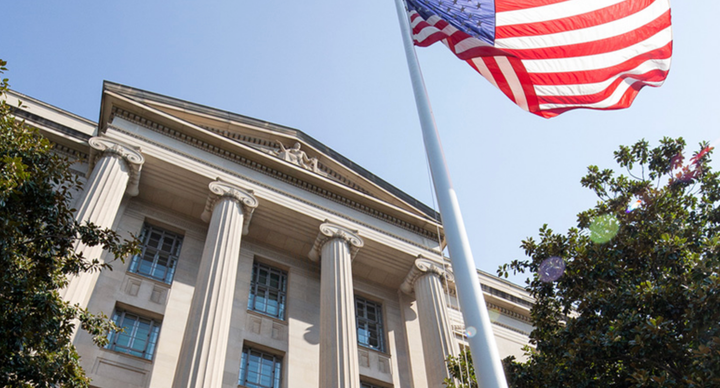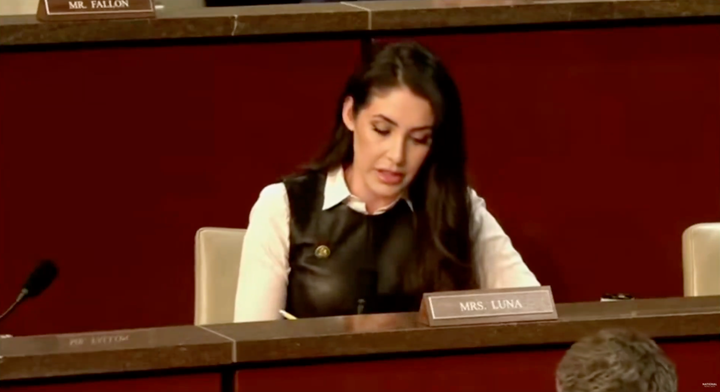Hiding Corruption: NOAA Agencies Claim They Have Too Many Records On Musk And DOGE To Produce Them
Musk and DOGE operatives involved in restructuring and downsizing the agency present a “direct and dangerous conflict of interest," according to PEER.

The following article was made possible by paid subscribers of The Dissenter. Become a subscriber and support independent journalism on whistleblowers and freedom of the press.
Officials at agencies at the National Oceanic and Atmospheric Administration (NOAA) claim there are too many records on Tesla CEO Elon Musk, “DOGE,” and its operatives to process requests for records.
President Donald Trump’s administration has proposed steep cuts to NOAA, a scientific and regulatory agency within the United States Commerce Department . Meanwhile, Public Employees for Environmental Responsibility (PEER) has raised the alarm over Musk and DOGE operatives, who are involved in restructuring and downsizing NOAA and present a “direct and dangerous conflict of interest.”
PEER, a watchdog group consisting of current and former government employees, is particularly concerned about Musk and DOGE’s actions within NOAA’s Office of Space Commerce, the National Weather Service, and the National Environmental Satellite, Data, and Information Services (NESDIS). They assert that “Musk and his team have unfettered access to sensitive NOAA databases that can substantially benefit Space X, Starlink, and other Musk enterprises” and demand transparency.
In a set of Freedom of Information Act (FOIA) requests submitted on March 4, PEER sought any and all documents about: Musk; DOGE; DOGE employee Nikhil Rajpal; Commerce Secretary Howard Lutnick; Neil Jacobs and Taylor Jordan, who have ties to the “private weather industry”; SpaceX; Starlink; xAI; Tesla; Musk Foundation; Seadrill; Transocean; Panasonic Avionics; and Satellogic, Inc.
“A preliminary search identified over 500,000 potentially responsive records. Due to the broad scope of this request, the volume of records is exceedingly high, making it unduly burdensome for NOAA to process,” an official with the National Weather Service responded.
The responses to the other two requests were similar. Two different officials insisted that the NESDIS and Office of Space Commerce requests were “unduly burdensome.” NESDIS claimed a search found “over 322,520 potentially responsive records.” At the Office of Space Commerce, 16,000 “potentially responsive records” were identified by an official.
PEER Executive Director Tim Whitehouse, who previously worked as a senior enforcement attorney at the U.S. Environmental Protection Agency, reacted, “The incredible magnitude of this information traffic only fuels our concerns about conflicts of interest and insider dealing.”
“There has apparently been no effort to bring even a ray of transparency to the unprecedented arrangement of giving one corporate interest exclusive inside access to government offices of direct benefit to it,” Whitehouse added.
Several watchdog organizations have sued Trump and DOGE to challenge the administration’s insistence that DOGE is exempt from records requests. Yet remarkably, the NOAA agencies did not assert that Musk and DOGE are not covered by FOIA or the Federal Records Act.
Lauren Harper, the Daniel Ellsberg chair on government secrecy for the Freedom of the Press Foundation, told The Dissenter the problem here is that the agency has created a catch-22. Request should not be “arbitrarily limited by an agency’s search and review capabilities.”
Also, Harper noted that the trend of large requests being outright rejected is not new to Trump’s second term. In fact, Biden did little to nothing to alleviate how FOIA offices were underfunded, understaffed, and under-resourced. (As I outlined in 2024, Biden left FOIA in shambles.)
Harper said that the agencies may use electronic discovery tools like FOIAXpress or Relativity. These are programs that are used to identify and compile data, however, this software may charge “by the amount of records” that are uploaded. That means “larger FOIA searches cost agencies more money.”
“This in and of itself could be seen as an incentive for agencies to deny large requests as imperfected so they don't have to pay to store and review them through a third-party vendor,” Harper further suggested. “You could make the argument that if agencies had dedicated FOIA budgets that took into account the demand for agency records, you might see fewer instances of agencies denying' FOIA requests outright.”
The secrecy at NOAA is worth tracking closely. NOAA plays a key role in weather forecasting and earth science research, and the agency also reportedly adopted surveillance software to crackdown on alleged leaks to the press by employees, which protects Musk and his web of companies.
Like Whitehouse stated when PEER began their pursuit for transparency, “It is unprecedented to give one corporate interest exclusive inside access to government offices of direct benefit to it. The Musk-Trump assault on NOAA is driven by greed and corruption.”
"The danger is that Musk’s enterprises could morph into government-sponsored monopolies that would operate with no fear of anti-trust prosecution.”




Comments ()